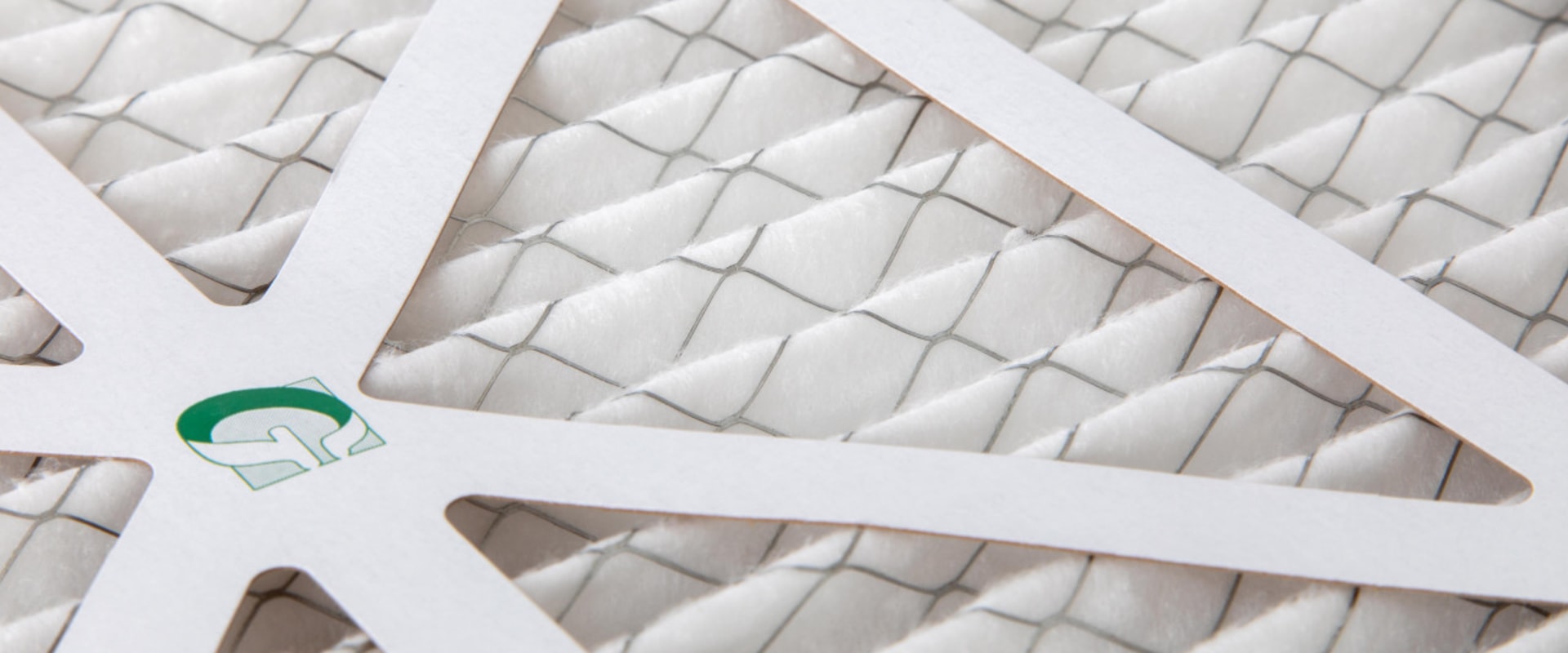When it comes to air filters, there are two main types: pleated and non-pleated. If you're looking for a traditional air filter that offers standard protection and is more economical, then non-pleated filters are the way to go. However, if you need a better option for allergy sufferers and don't want to waste precious time changing the filter every month, then pleated air filters are the way to go. The primary distinction between pleated and non-pleated air filters is that pleated filters generally provide a higher level of air filtration than non-pleated ones.
Pleated air filters are made of flexible materials such as polyester, paper or cotton, and have a larger surface area compared to their non-pleated counterparts. This larger surface area allows them to capture pathogens up to 0.3 microns, filtering out even the smallest bacteria. On the other hand, non-pleated filters are constructed from fiberglass or some other electrostatic material, which is randomly woven together to create a barrier through which air passes. While they offer standard protection and are more economical than pleated filters, they don't offer the same level of filtration.
Non-pleated filters also allow greater airflow than pleated ones, making them a great choice for commercial environments where clean air flow is important. When it comes to assessing the effectiveness of your air filter, you can use its Minimum Efficiency Value (MERV) rating. According to the EPA (Environmental Protection Agency), pleated filters are much more efficient than non-pleated filters at capturing microscopic particles suspended in the air. In addition, an old pleated air filter is more effective than a newer one because of trapped particles, which form an additional barrier that improves its filtration capacity.
When handling a dirty pleated filter, dust will be trapped in the filter material and will not fall off easily. Price-wise, a pleated air filter is technically more expensive than an unpleated one, although all air filters are fairly cheap. So if you're looking for an affordable way to keep your home's air clean and free from allergens and other pollutants, then pleated air filters are definitely worth considering.
